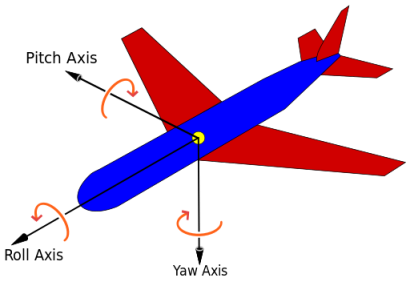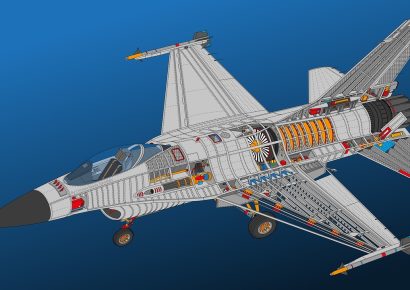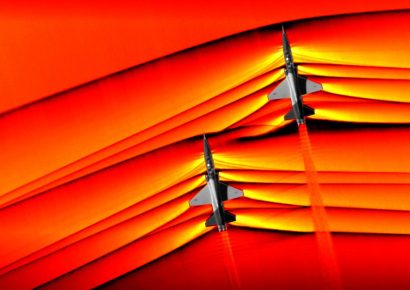About Course
Learn the fundamental principles and practical techniques for designing and analyzing analog circuits. This course covers key topics in analog electronics, focusing on real-world applications and problem-solving.
Course Content
ANALOG CIRCUITS
-
DIODE CIRCUITS
-
DIODE CIRCUITS Q & A
-
BJT AND MOSFET AMPLIFIERS
-
BJT AND MOSFET AMPLIFIERS Q & A
-
OP-AMP CIRCUITS
-
OP-AMP CIRCUITS Q & A






